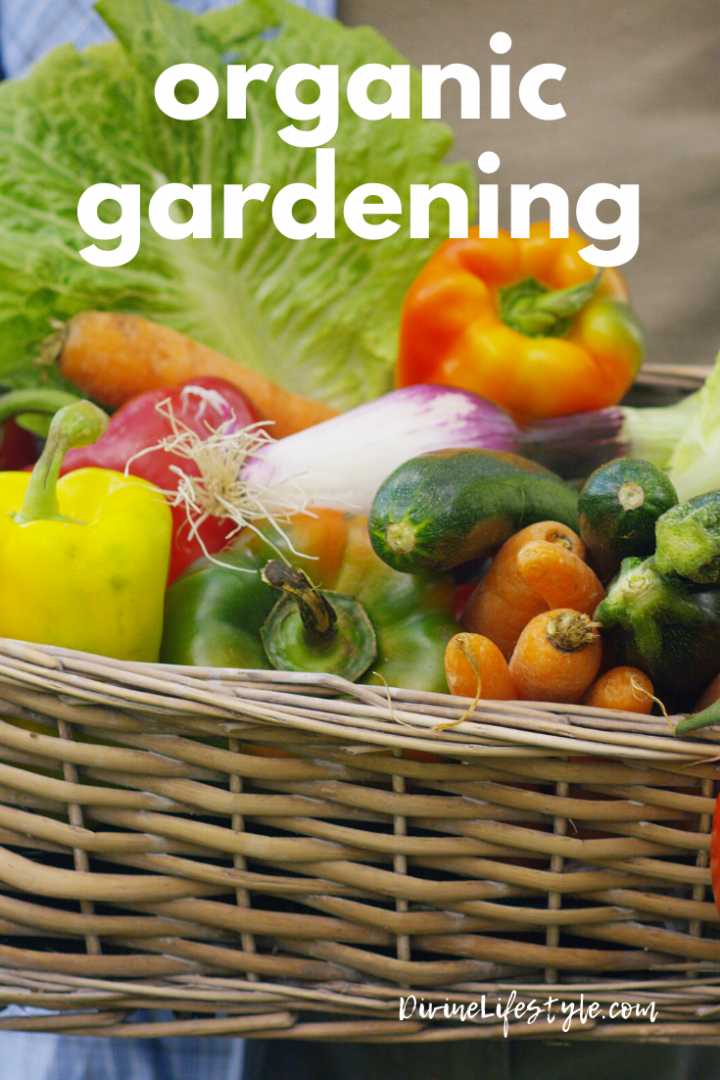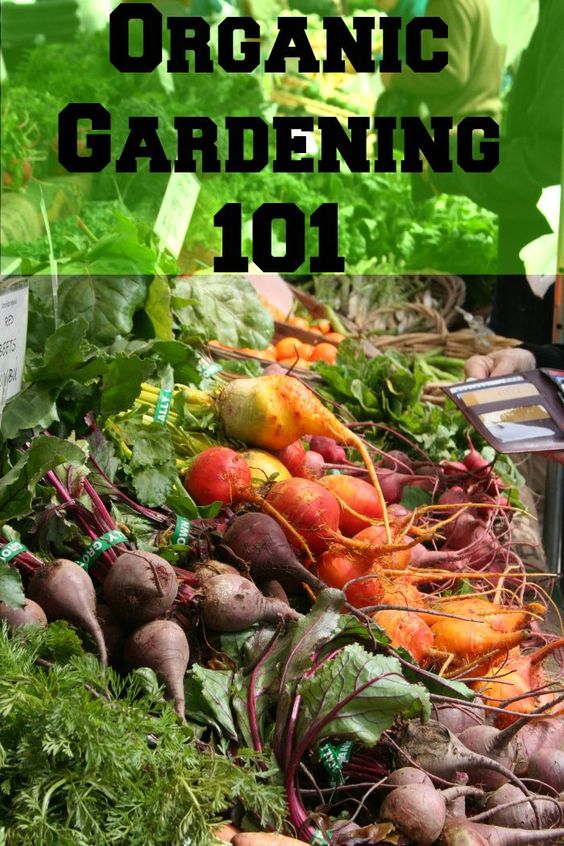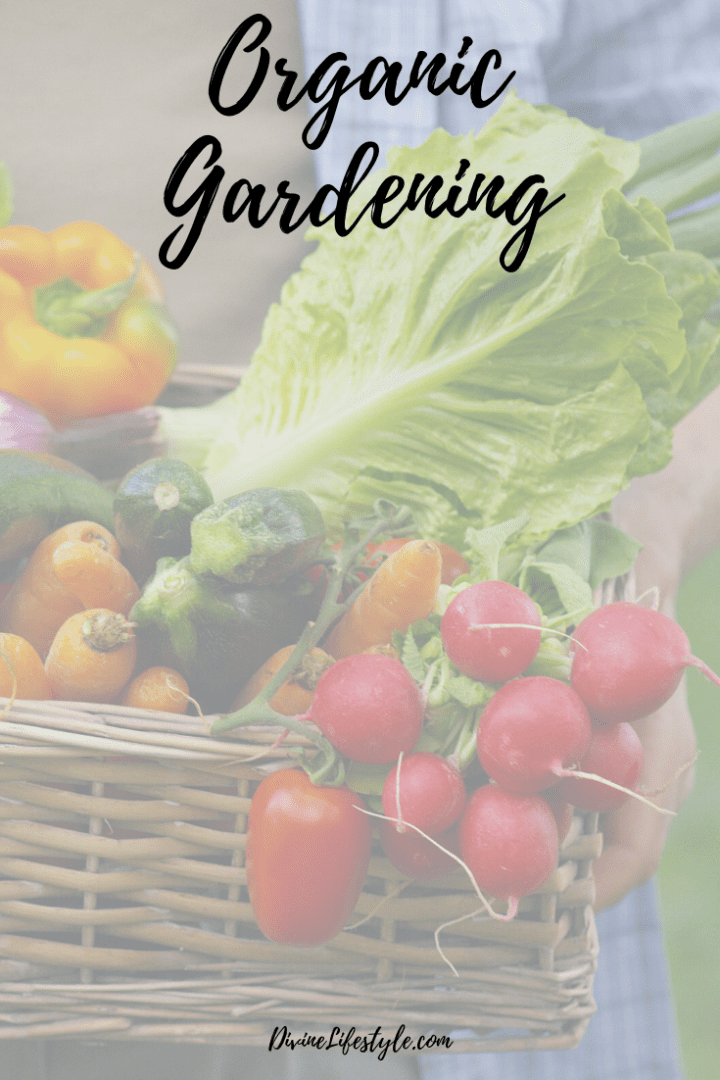Dreo Pedestal Fan Review
Is the Dreo Pedestal Fan Worth the Hype? Anybody who follows Divine Lifestyle knows that Dreo has become one of my most recent home appliance obsessions! From their AirPurifier to their ChefMaker, I have...

Now that you have your garden set up and seeds planted you need to start thinking about how you want to treat your plants for bug infestation and other diseases. Did you know that many insecticides and fungicides can cause cancer and other health ailments? They are also bad for the environment and gardening organically is safer and less expensive then you might imagine. Home remedies for common vegetable gardening problems are easy to make and help strengthen your plants so that they actually produce more. We hope that you enjoy this Organic Gardening 101 post.
 Use homemade insecticide
Use homemade insecticideWhat should you do if you wake up one day and your vegetable plants are overrun by whitefly, aphids or something else? The best course of action is not to reach for the store bought chemicals but instead use a homemade safe and organic spray. You can make many different sprays from ingredients found in your kitchen. Normal kitchen items like fresh garlic, dried chilies, olive oil and white vinegar are staples for the gardener to fight against many different insect infestations. There’s also organically safe fungus solution that you can purchase at most nurseries that is safe for the environment and your health. Any organic brand will work well.
 Use plants to your advantage
Use plants to your advantageThere are ways to discourage insects from invading your space by planting insect fighting plants next to vulnerable ones. Garlic repels many of the pesky insect that likes to evade vegetable gardens. Tomato plants are probably the most likely victim to aphids and whitefly. Cabbage is frequently attacked by slugs and beetles. Basil planted next to tomato plants will help repel insects and help with blight. Borage planted next to tomatoes and pepper plants repel tomato worm and helps with the vegetables taste.
Chives and dill should be planted away from tomatoes and within close proximity to onion bulbs. You can find other insect repelling plants by asking your nursery associate. Amazon is also a great place to find many of these plants in seed or bulb form.
 Protect your vegetable from birds, cats & other pests
Protect your vegetable from birds, cats & other pestsInstead of using chemicals to deter birds, cats and rodents from going into your garden you can use natural things such as bark mulch, walnut shells and netting. Placing walnut shells on the soil bed around fruits and vegetables that you know cats and other 4 legged pests are getting into will stop them in their tracks. Netting raspberries and blackberries will prevent birds from eating the berries.
If you like gardening make sure to check out our other gardening posts:
10 Products for Little Gardeners
Designing an Indoor Fairy Garden
We hope that you are inspired by this Organic Gardening 101 post. Happy planting!
We have a garden in our backyard and we love it. We have grown tomato’s, squash, peppers, strawberries, cabbage, and even corn. Great way to save money on produce.
I would love to have an organic garden – if I ever have good access to a patch of dirt, I’m going for it. These look like great resources, and I’d want to bone up b/c the only time I did have a garden, it didn’t do so good, so it is good to know the in’s and out’s before you get started.
Its time now to put our garden to bed here- all is harvested. I use marigolds on the borders to keep pests out and dontt use any pestisides. I also drive everyone nuts with my composting and wantiing a worm farm 🙂